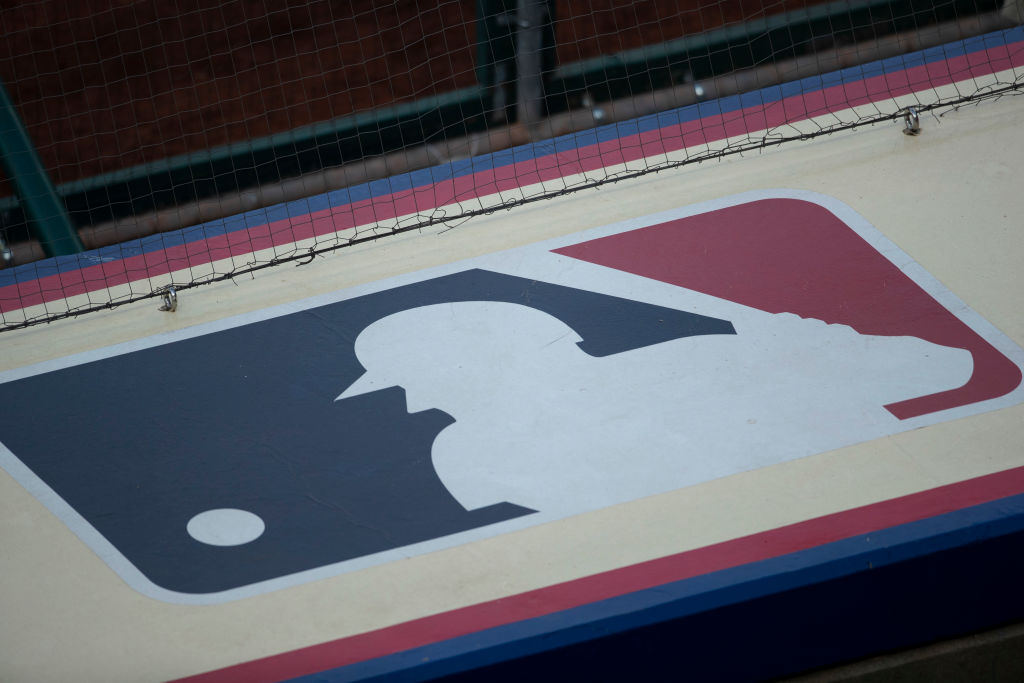
By 2018, Joe Hudson had been playing professional baseball for five years as a minor leaguer. He had less than $1,000 in his bank account.
Many minor leaguers are notoriously underpaid, and back then made, on average, between some $6,000 and $15,000 per year, depending on their level. They only receive checks seasonally.
Hudson, like many of his colleagues, had been forced to take second and third jobs to make do; Hudson washed 8-irons at a golf club, worked as a caterer and gave his fair share of baseball lessons. That season, he was demoted from AAA to the Los Angeles Angels’ Double-AA team in Mobile, Ala., and he needed a place to stay. Luckily, he knew someone who had a two-bedroom apartment shared between five teammates. Hudson was told he could set up an air mattress in the dining room, since it had no table.
“I jumped on that opportunity,” Hudson says. “That was a stressful time, making my own little cot on the ground with, you know, multiple blankets, a thin little air mattress, and a $5 Walmart pillow, just getting by.”
After years of seeing minor leaguers like Hudson struggle, Major League Baseball—which is in the midst of its October postseason—is taking a long overdue step to provide further assistance.
“In mid-September, the owners discussed the issue of player housing and unanimously agreed to begin providing housing to certain minor league players,” Major League Baseball said in a statement released on Sunday. “We are in the process of finalizing the details of that policy and expect it to be announced and in place for the 2022 season.”
“This is a historic victory,” says Harry Marino, executive director of Advocates for Minor Leaguers, and a former player in the Baltimore Orioles and Arizona Diamondbacks organizations. The change follows a year-long series revelations and media reports about the harrowing challenges many struggling minor leaguers face: crowded roach-infested living quarters, places that lose power and running water, skipping eating to save cash, all while trying to play a professional sport. Hudson has seen teammates spend nights in their cars.
In 2018, Hudson recalls standing in a grocery store realizing that if he spent more than $200, he’d have trouble keeping his housing.
“I had to cut back on food, I had to cut back on nutrition, I had to skip meals in 2018, just to make sure I could pay my rent,” says Hudson, who spent this past season playing catcher for Pittsburgh’s AAA affiliate in Indianapolis. “That was the most challenging time of my career. And thank God I got called up to the majors later that season, because I could say for certain that if I hadn’t, I would have had to leave the game.”
These conditions take a physical—and often mental—toll. Minor league players, as well as certain major leaguers like David Price and Chris Taylor of the Los Angeles Dodgers, have called attention to the issue of housing by wearing #FairBall bracelets during games.
“The reason this happened is players united and utilized their collective voices to advocate for this change and to tell their stories and to push for it,” says Marino.
Major League Baseball’s exemption from anti-trust laws has allowed the organization to set low minor league salaries. MLB has lobbied Congress to exempt minor leaguers from federal minimum wage laws, though in October 2020 the Supreme Court allowed a class-action lawsuit over pay, filed by minor league players, to proceed.
MLB has touted its salary increases, ranging from 38% to 72%, given to minor leaguers this season. But weekly minimums are still low: for players at the A-ball level, for example, the minimum rose from $290 to $500 per week.
With top major league players making more than $30 million a year, could they pitch in more to help their minor league colleagues?
“Honestly, no,” says Hudson, who has put in enough service time to be declared a minor league free agent and make more money: he pulled in some $22,000 a month this year. “It takes so much sacrifice and effort and hard work to get to the major leagues, as a minor leaguer, I don’t want to take any more money from those guys.”
MLB owners, Hudson points out, are the billionaires. “There are major league owners out there that have the resources to make this easier on minor leaguers for sure,” he says.
MLB reduced its number of minor league affiliates from 162 to 120 this season, a move that received criticism for reducing opportunities for players to make the majors and diminishing community assets in smaller towns and cities across the country. Advocates like Marino insist that fairer salaries for minor leaguers are the larger goal. But housing is a significant win.
“Our organization is going to have to play a significant role in providing oversight regarding the implementation of this policy, to make sure that housing is in fact covered and handled in a way that is sufficient and actually addresses the problem for all players,” says Marino. “Certainly the announcement suggests that’s the intention. But we’re not going to go away.”
More Must-Reads From TIME
- The 100 Most Influential People of 2024
- Coco Gauff Is Playing for Herself Now
- Scenes From Pro-Palestinian Encampments Across U.S. Universities
- 6 Compliments That Land Every Time
- If You're Dating Right Now , You're Brave: Column
- The AI That Could Heal a Divided Internet
- Fallout Is a Brilliant Model for the Future of Video Game Adaptations
- Want Weekly Recs on What to Watch, Read, and More? Sign Up for Worth Your Time
Write to Sean Gregory at sean.gregory@time.com